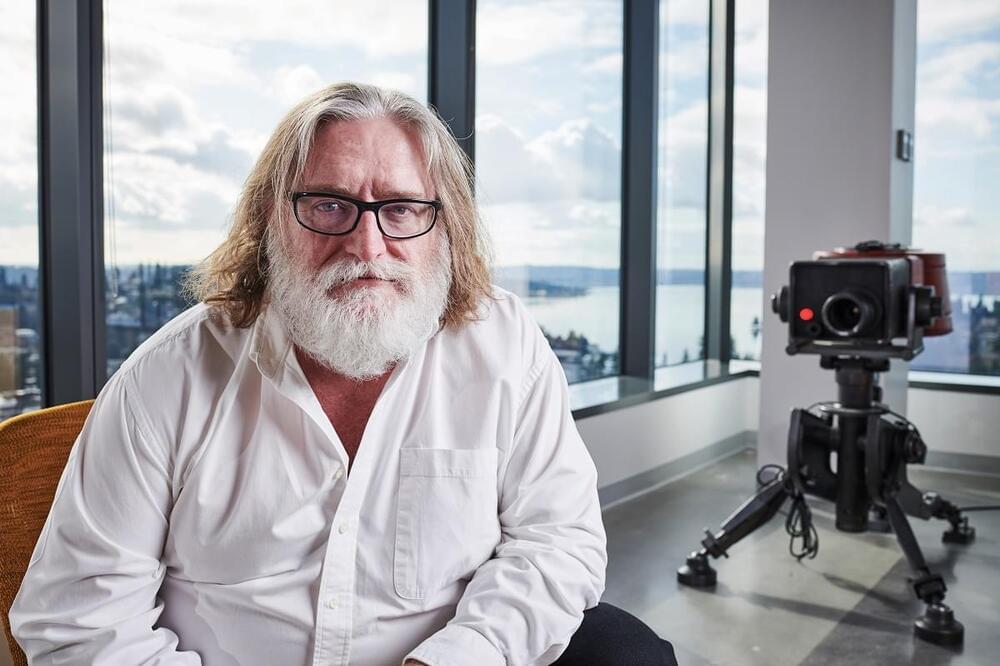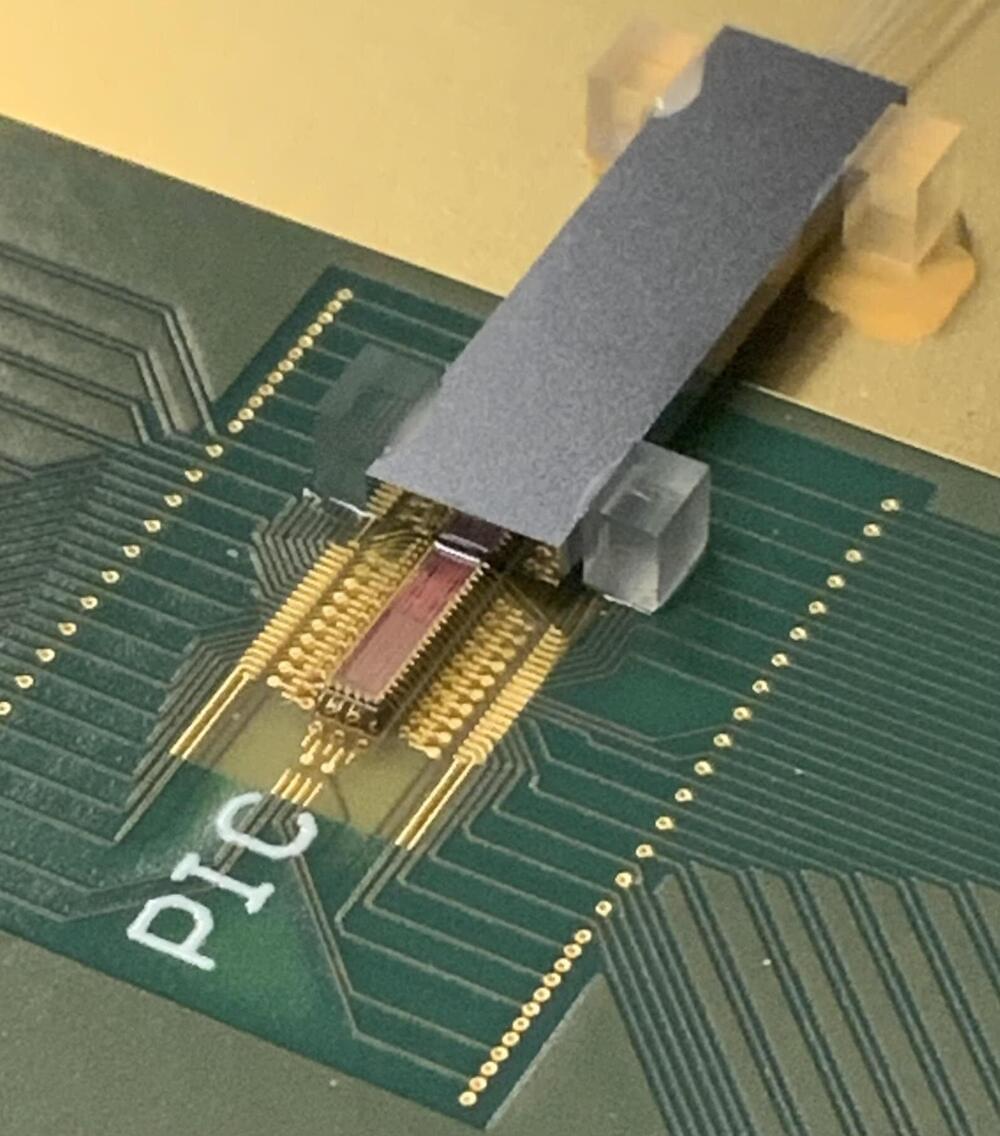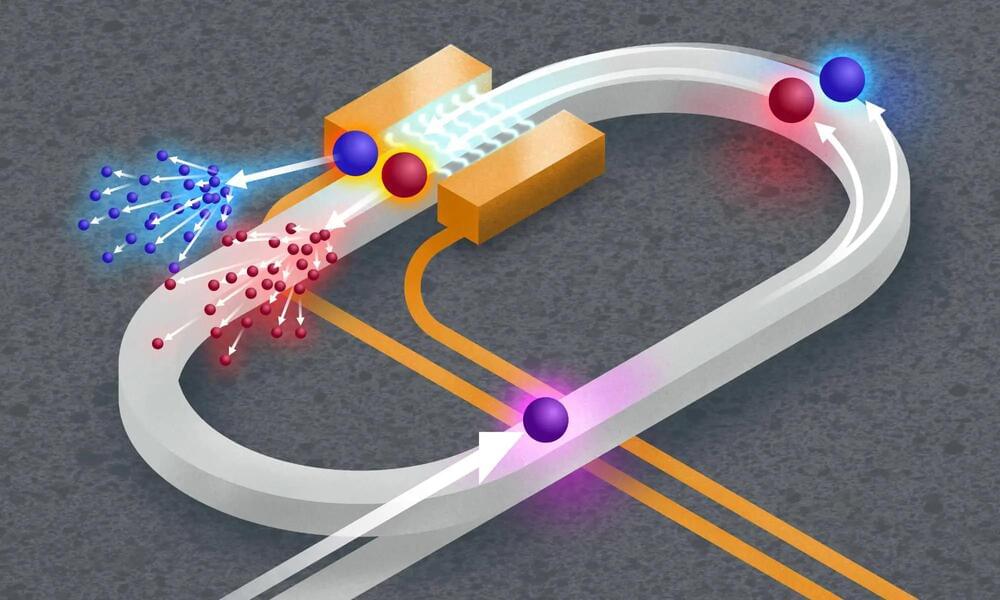What is the Tesla 18 wheeler like? Look inside the electric Semi, find out what it is like to drive, and how far a battery charge can take it.



The flying car is now available for preorder, the Santa Clara, California-based company posted on its website. Carrying one or two occupants, the vehicle will sell for about $300,000.
The “Model A” is 100% electric, drivable on public roads and has vertical takeoff and landing capabilities, the company wrote in its release.
The car will be a Low Speed Vehicle, meaning it won’t go faster than about 25 miles per hour on a paved surface. If a driver needs a faster route, they will be able to use the vehicle’s flight capabilities, according to Alef.
Alef Aeronautics’ ‘Model A’ has a driving range of 200 miles and a flight range of 110 miles. The company plans to start delivering cars by late 2025.


The data centers and high-performance computers that run artificial intelligence programs, such as large language models, aren’t limited by the sheer computational power of their individual nodes. It’s another problem—the amount of data they can transfer among the nodes—that underlies the “bandwidth bottleneck” that currently limits the performance and scaling of these systems.
The nodes in these systems can be separated by more than one kilometer. Since metal wires dissipate electrical signals as heat when transferring data at high speeds, these systems transfer data via fiber-optic cables. Unfortunately, a lot of energy is wasted in the process of converting electrical data into optical data (and back again) as signals are sent from one node to another.
In a study published in Nature Photonics, researchers at Columbia Engineering demonstrate an energy-efficient method for transferring larger quantities of data over the fiber-optic cables that connect the nodes. This new technology improves on previous attempts to transmit multiple signals simultaneously over the same fiber-optic cables. Instead of using a different laser to generate each wavelength of light, the new chips require only a single laser to generate hundreds of distinct wavelengths of light that can simultaneously transfer independent streams of data.

A fully electric flying car that’ll cost about $300,000 just won approval to start testing on the road – and in the air.
Alef Aeronautics, a Californian automaker, said in a press release it had received a Special Airworthiness Certification from the Federal Aviation Administration (FAA) for the Model A.
It’s the first such approval for a flight-capable car, according to the startup, which has been backed by the likes of SpaceX.

A system using photonics-based synthetic dimensions could be used to help explain complex natural phenomena.
Researchers at the University of Rochester have developed a chip-scale optical quantum simulation system using controlled photon.
A photon is a particle of light. It is the basic unit of light and other electromagnetic radiation, and is responsible for the electromagnetic force, one of the four fundamental forces of nature. Photons have no mass, but they do have energy and momentum. They travel at the speed of light in a vacuum, and can have different wavelengths, which correspond to different colors of light. Photons can also have different energies, which correspond to different frequencies of light.
Sources & further reading: https://sites.google.com/view/sources-biorisk.
This video was made possible through a grant by Open Philanthropy.
Check out the biorisk career guide from 80,000 hours:
https://80000hours.org/kurz-bio.
Find the Map of Evolution and other fascinating infographic posters on the kurzgesagt shop here: kgs.link/shop-179
A breathtaking scientific revolution is taking place – biotechnology has been progressing at stunning speed, giving us the tools to eventually gain control over biology. On the one hand solving the deadliest diseases while also creating viruses more dangerous than nuclear bombs, able to devastate humanity.
What is going on?
OUR CHANNELS
▀▀▀▀▀▀▀▀▀▀▀▀▀▀▀▀▀▀▀▀▀▀▀▀▀▀
German: https://kgs.link/youtubeDE
Spanish: https://kgs.link/youtubeES
French: https://kgs.link/youtubeFR
Portuguese: https://kgs.link/youtubePT
Arabic: https://kgs.link/youtubeAR
Hindi: https://kgs.link/youtubeHI
Japanese: https://kgs.link/youtubeJA
Korean: https://kgs.link/youtubeKO
HOW CAN YOU SUPPORT US?
▀▀▀▀▀▀▀▀▀▀▀▀▀▀▀▀▀▀▀▀▀▀▀▀▀▀
This is how we make our living and it would be a pleasure if you support us!
Get Products designed with ❤ https://shop-us.kurzgesagt.org.

Computers are built around logic: performing mathematical operations using circuits. Logic is built around things such as Adders—not the snake; the basic circuit that adds together two numbers. This is as true of today’s microprocessors as all those going back to the very beginning of computing history. You could go back to an abacus and find that, at some fundamental level, it does the same thing as your shiny gaming PC. It’s just much, much less capable.
Nowadays, processors can do a lot of mathematical calculations using any number of complex circuits in a single clock. And a lot more than just add two numbers together, too. But to get to your shiny new gaming CPU, there has been a process of iterating on the classical computers that came before, going back centuries.


A team led by Academician Prof. Guangcan Guo from the Chinese Academy of Sciences (CAS) provides a comprehensive overview of the progress achieved in the field of quantum teleportation. The team, which includes Prof. Xiaomin Hu, Prof. Yu Guo, Prof. Biheng Liu, and Prof. Chuanfeng Li from the University of Science and Technology of China (USTC), CAS, was invited to publish a review paper on quantum teleportation in the peer-reviewed scientific journal Nature Review Physics. The paper was officially released online on May 24.
As one of the most important protocols in the field of quantum information, quantum teleportation has attracted great attention since it was proposed in 1993. Through entanglement distribution and Bell-state measurement, quantum teleportation enables the nonlocal transmission of an unknown quantum state, which has deepened the understanding of quantum entanglement. More importantly, quantum teleportation can effectively overcome the distance limitation of direct transmission of quantum states in quantum communication, as well as realize long-range interactions between different quantum bits in quantum computing.
Performing computation using quantum-mechanical phenomena such as superposition and entanglement.